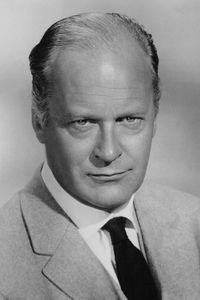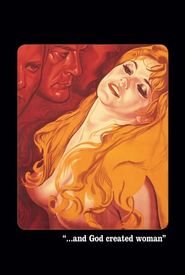Curd Jürgens, a renowned European film actor of the 20th century, was born on December 13, 1915, in Solln, Bavaria, Germany, to Franco-German parents. Born during the closing days of World War I, Jürgens would later abandon his native country after the war, becoming an Austrian citizen in 1945 and splitting his time between Austria and France.
Jürgens initially pursued a career in journalism, marrying actress Louise Basler, who encouraged him to become an actor. He honed his craft on the Vienna stage, remaining loyal to the institution even after achieving global fame. However, his anti-Nazi opinions led to his internment in a concentration camp for "political unreliables" in 1944. This experience would later influence his decision to become an Austrian citizen after the war.
Jürgens' breakthrough role in "The Devil's General" (1955) cemented his status as a star of German cinema, followed by his iconic performance as Brigitte Bardot's older lover in "And God Created Woman" (1956),which catapulted him to international stardom. His towering height of 6' 4" and multilingual abilities made him a sought-after actor in Hollywood, where he was cast in films like "The Enemy Below" (1957) opposite Robert Mitchum.
Throughout his career, Jürgens was often typecast as German military officers and Germanic villains, starring in films like "The Longest Day" (1962) and "Lord Jim" (1965). His most famous role in English-language cinema was as the James Bond villain, Karl Stromberg, in "The Spy Who Loved Me" (1977),which remains his most beloved Bond film.
Despite his success in cinema, Jürgens considered himself primarily a stage actor and continued to perform on the Vienna stage. He also directed several films, wrote screenplays, and penned an autobiography, "Sixty and Not Yet Wise" (1975). Jürgens' death from a heart attack in 1982 in Vienna was met with widespread tributes across Austria and Germany.



























































